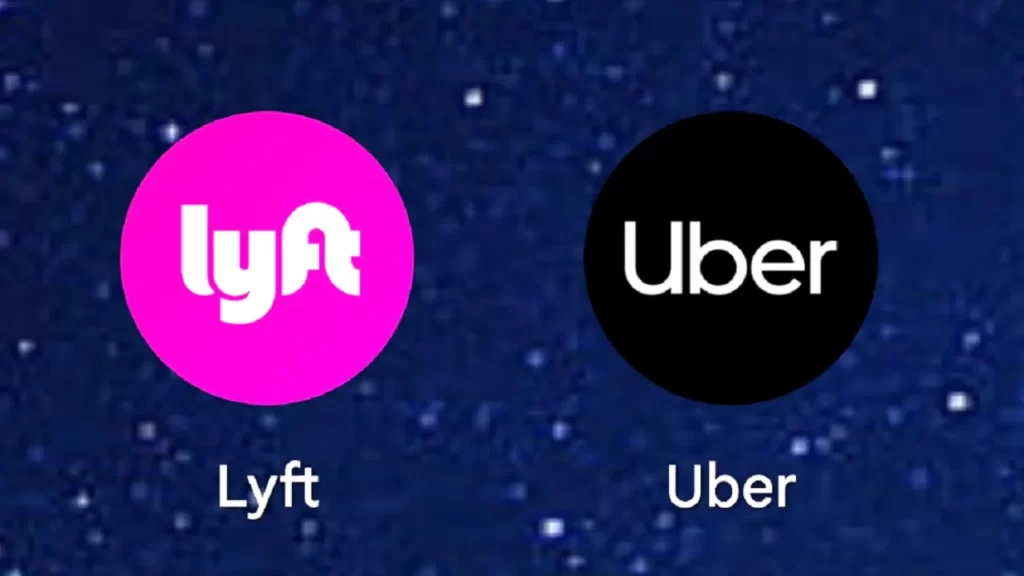
The “gig economy” or “sharing economy” has transformed the job market, introducing both opportunities and challenges. Take, for instance, individuals driving for rideshare giants like UBER or Lyft. They relish the flexibility often absent in traditional workplaces, with the freedom to choose when and how long they work.
Employment Rights Dilemma
However, there’s a downside: employment laws primarily protect employees, not independent contractors. Rideshare platforms typically classify their drivers as independent contractors, depriving them of essential benefits such as minimum wage, overtime pay, and employment protections.
In recent years, the debate over UBER drivers’ status as employees or independent contractors has intensified, sparking legal disputes in numerous states and countries. This classification’s significance is profound, affecting drivers’ rights and the responsibilities of the platform.
Employee vs. Independent Contractor: A Complex Matter
Determining whether UBER drivers should be classified as employees or independent contractors isn’t straightforward. Legal definitions vary by location, making a contractor in one area an employee in another.
If classified as employees, UBER would need to adhere to federal and state employment laws, entailing obligations like minimum wage compliance, overtime compensation, and addressing workplace issues like discrimination and harassment.
Conversely, independent contractors operate primarily under contract law, with their rights and obligations defined by individual agreements.
The Key Factor: Control
The pivotal factor in this classification dilemma is the level of control the employer exerts over the worker. If an employer dictates specific working hours and locations, resembling a traditional office job, it leans toward employee status. In contrast, a more autonomous, unsupervised work arrangement leans toward independent contractor status.
Recent Legal Developments
Recent legal developments in this arena have added complexity to the issue:
- Prop. 22 in California: California passed Proposition 22 in 2020, granting rideshare companies, including UBER, an exemption from Assembly Bill 5, a law making it harder to classify workers as independent contractors. This law faced legal challenges but was eventually upheld by the California Supreme Court in June 2023.
- Federal Rule Proposal: The U.S. Department of Labor proposed a rule in October 2022 to combat employee misclassification, mirroring California’s Assembly Bill 5. This proposed federal rule could establish a nationwide standard, potentially affecting state laws.
- National Labor Relations Board Decisions: The National Labor Relations Board (NLRB) plays a crucial role. In April 2019, the NLRB’s general counsel recommended dismissing cases alleging NLRA violations by UBER drivers, classifying them as independent contractors based on the “common-law agency test.” However, the NLRB reinstated rules in June 2023 that could empower rideshare drivers to form labor unions, irrespective of their classification.
The EU Challenge for UBER
The European Union (EU) adds a new layer of complexity. It’s currently considering classifying UBER drivers as employees under the Platform Work Directive, aimed at enhancing gig workers’ rights. If this directive passes, drivers could gain employee benefits but might see UBER exit “hundreds” of European cities, potentially causing price hikes and longer wait times.
Balancing Freedom and Traditional Employment
The gig economy, characterized by flexibility and autonomy, initially attracted many to platforms like UBER, DoorDash, Lyft, and GrubHub. However, as the gig economy evolves, there’s a growing effort to blend this newfound freedom with elements of traditional employment.
The gig economy’s future lies at the intersection of independence and employment rights, where finding the right balance is essential for both workers and platforms.
The allure of crafting one’s schedule and working at one’s preferred pace remains a powerful draw, and the debate over how to preserve this while ensuring fair treatment continues.
